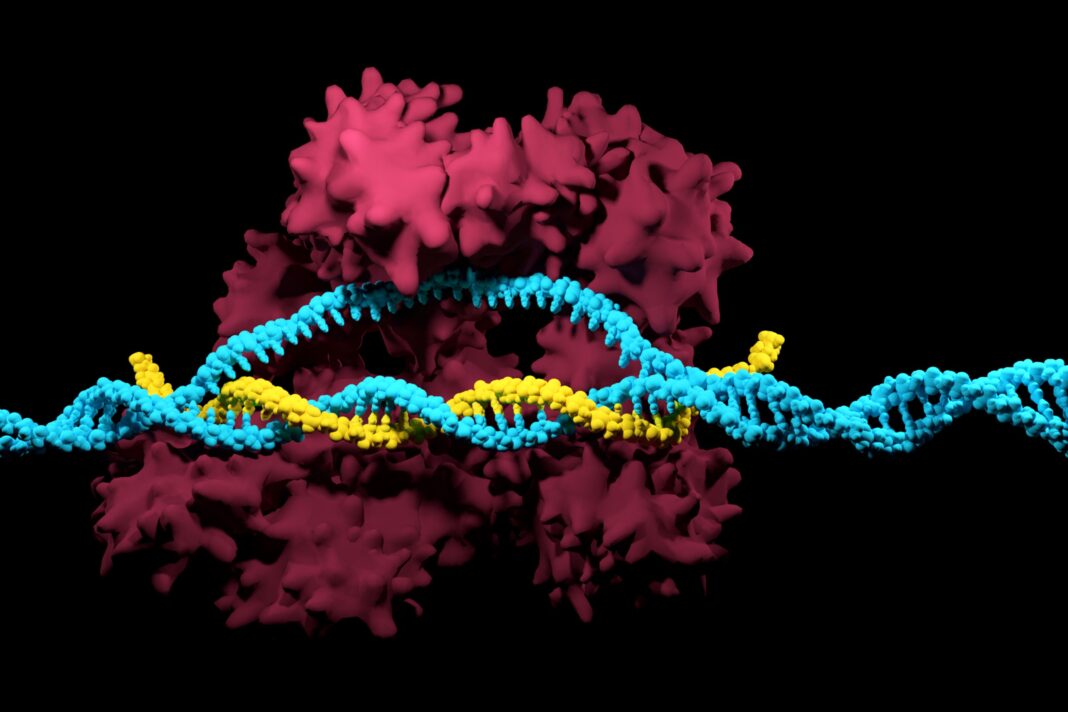A team of researchers led by Noah Brown from Massachusetts General Hospital has developed an improved method for accurately inserting large DNA sequences into cells. The advance could lead to techniques that have wide-ranging clinical applications, potentially allowing scientists to fix diverse disease-causing mutations.
The research was published in Nature Biotechnology and focused on a modified enzyme called Cas12a, which is part of the CRISPR/Cas9 system. This system is used to modify gene expression and can be used to cut and paste pieces of DNA into a specific location in the genome. It has already been used successfully in basic research experiments but has yet to be applied widely in human treatments.
One limitation of this technology is that it can only insert small segments of DNA; larger sequences such as entire genes are much more difficult to insert with precision into the genome without causing unintended mutations elsewhere. The new study sought to address this issue by using Cas12a, larger than other enzymes commonly used in CRISPR/Cas9 systems, and therefore more precise when inserting large sections of DNA.
The authors tested this technique both in bacteria and human cells, with promising results; they were able to precisely insert large chunks of DNA without inducing off-target mutations elsewhere in the genome. This indicates that their technique may be applicable not just for basic research but also for potential therapeutic applications. In particular, they suggest that this technique could be valuable for treating diseases caused by single gene deletions or point mutations since it would allow scientists to replace faulty sequences with normal ones.
This new study demonstrates that modified CRISPR-based enzymes can enable more precise insertion of large chunks of DNA into cells than previously possible. This technology may offer a pathway toward developing treatments for diseases caused by single gene deletions or point mutations. While there is still much work left to do before these techniques are ready for clinical use, this advance brings us one step closer to using CRISPR/Cas9 systems to treat human genetic disorders.











